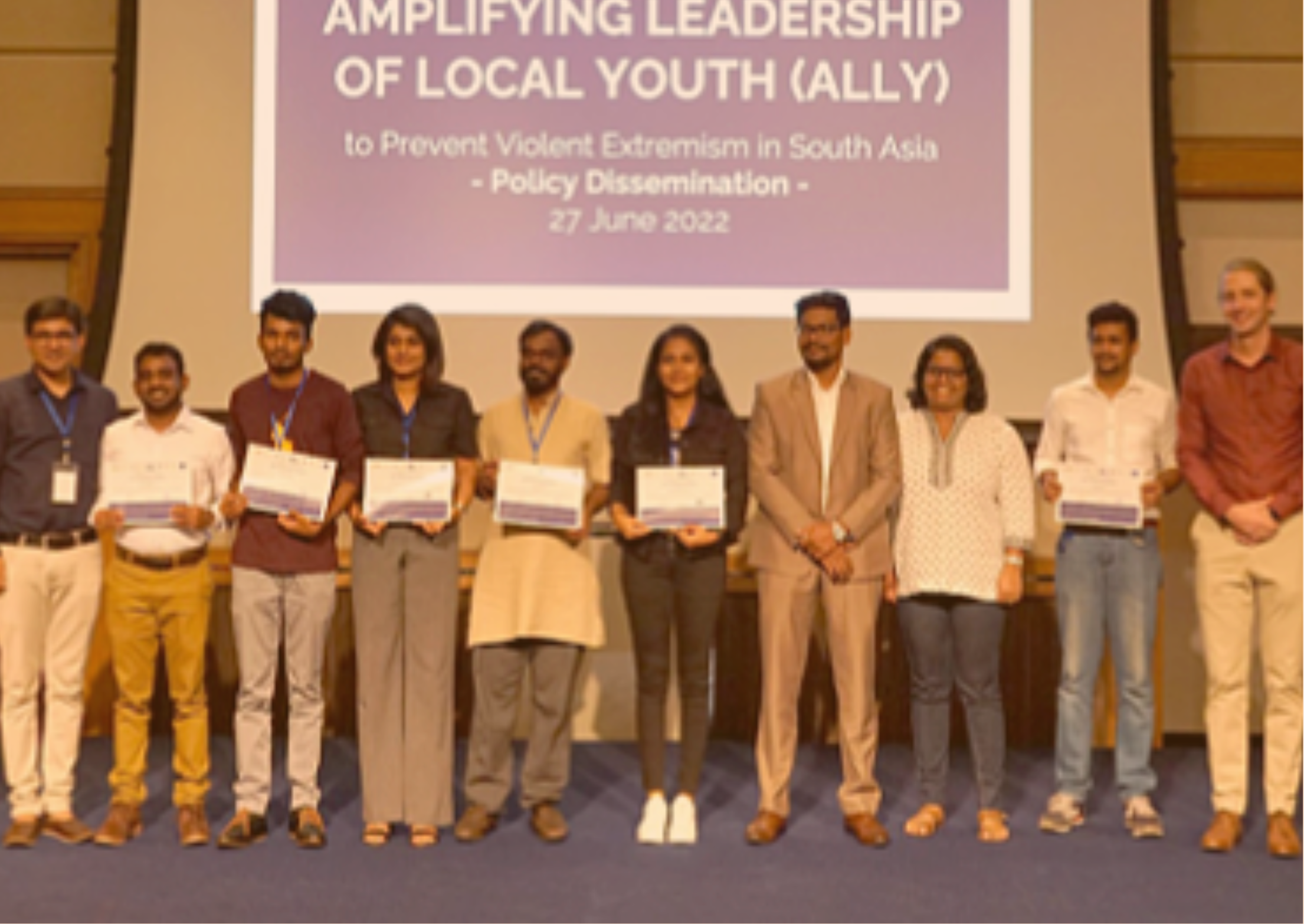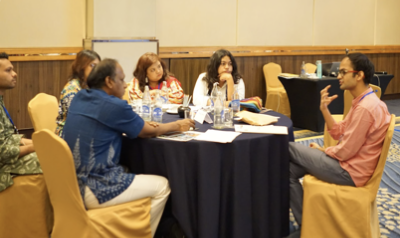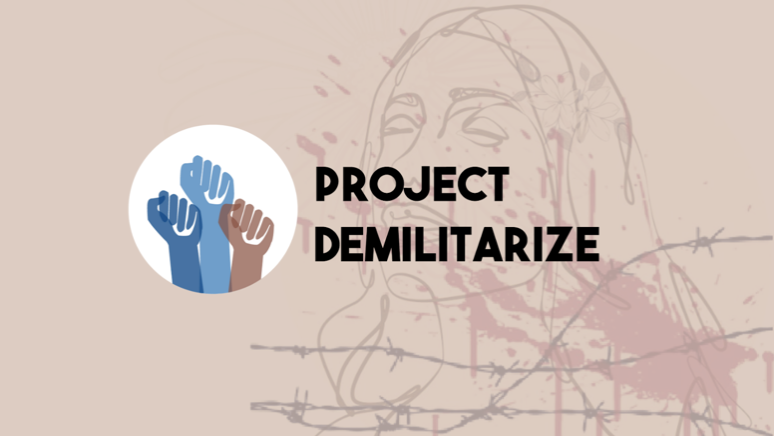SAP Stories 2022
Project Demilitarize and U-Active
Youth peacebuilders (YPBs) are at the center of every facet of ALLY. The ALLY policy recommendations were created by engaging with 69 YPBs who identified fellowship opportunities such as ALLY as an effective way to support youth collaboration and capacity building.
At a time of extreme instability and uncertainty in Sri Lanka, formal means of PVE support for youth are as imperative as ever. Five ALLY Fellows are persevering during a time of historic challenges to provide such support to their peers via the U-Active SAP.
Youth across Sri Lanka have taken to the streets demanding meaningful political change. Leading up to this point, there was a growing dissatisfaction among youth. The deep-seated frustration among the general public could be exploited by various factions, including extremists.
Historically, Sri Lanka has seen two youth uprisings fueled by radicalization. The Southern youth uprising in the 1960s wanted to overthrow the government, while the militant struggle in the North in the 1980s aimed at self-determination. However, these two movements shared similar adversaries and origins. Both emerged among dissatisfied, often rural, yet relatively well-educated young people. In both instances, the dissatisfaction of the youth was opportunistically manipulated in pursuing political motives by various factions. Thus, it is imperative that these movements are provided necessary guidance and direction. U-Active is doing just that.

ALLY staff and Fellows at the Dissemination Event in Bangkok, Thailand.
Sanka Galagoda, Rashima de Silva, Oshan Gunathilake, Janith Vimukthi, and Neranjan Maddumage are engaging participants online via a training module on PVE in Civic Activism that incorporates the views of youth leaders. The youth are then expected to endorse and adopt the training module to be used in their networks as a training guide. Thus, it is envisaged that the trained youth leaders and the module developed will provide impetus to the broader discourse on the importance of PVE in meaningful civic activism in contributing to promoting the use of non-violent means for civic activism and the exercise of democratic rights in Sri Lanka.
Just as the fellows are integrating PVE curriculum into their civic activism training, the ALLY regional policy brief identifies how the integration of peace, tolerance, and interfaith understanding in existing national education curricula would reduce extremism. During the ALLY Dissemination Event on 27 June 2022, ALLY Fellow Pragun Aggarwal met with staff from Thammasat University to advocate for incorporating and mainstreaming the peace curriculum. Pragun could speak toward the relevancy of such efforts by drawing from his own experience with ALLY.

ALLY Fellows meet with a lecturer from Thammasat University during the Dissemination Event.

Now that the Project Demilitarize participants have completed their training, they’re collecting reflections on the ways in which their work manifests in day-to-day life. Project Demilitarize published a call for submissions of academic writing, photography, fiction and poetry writing, and other art forms related to the work of peacebuilding and demilitarization in May 2022. Through the campaign, they are documenting everyday patterns that can fall under the culture of militarism.
All this work takes place while the fellows continue to navigate environments with countless challenges to social cohesion and as they continue to advance their own educations and careers. The commitment ALLY Fellows have to their work is seen not only through their SAPs but also through their national advocacy engagements, which will continue until ALLY finishes in August 2022. Follow Project Demilitarize (Facebook / Instagram) on social media for more updates.
Follow the Network’s Asia Programming on social!
